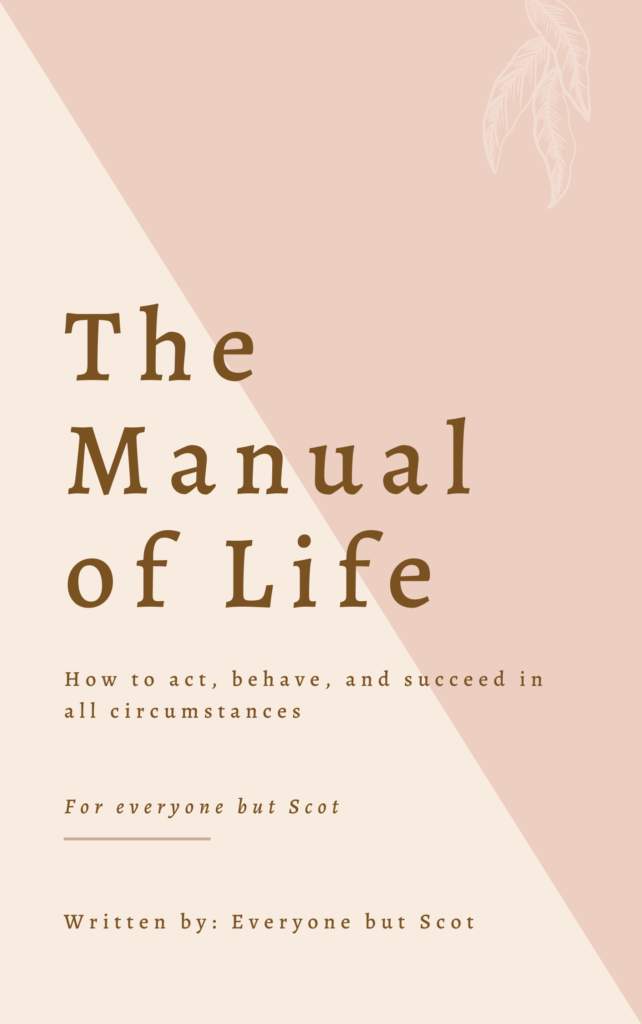By this time next month, my regular paychecks will have stopped, to be replaced by something as yet not completely known, perhaps by nothing at all, but hopefully by something. A month ago, I lost my father; we weren’t particularly close, but he was my father and he was a life with his own dreams, scars, and sense of moving forward that is now extinguished. That’s sad no matter the relationship and getting this new perspective on his (and my own) life has taken time to process – time I had intended to prepare for that lost paycheck. I’m feeling OK, actually, going through things one at a time, with more of life unsettled than I would normally prefer.
I decided some time ago I needed to do something else, something different, a different environment, with my career. I applied and interviewed for a couple jobs – feeling like I was more interviewing than being interviewed; I wanted something different, not just a different color paycheck. I didn’t actually get any offers, and it probably appears like sour grapes to say I probably wouldn’t have accepted had I, so I won’t. But it was a good process and I learned things – about myself and my industry. For instance, I’ve now applied for a major facility Director position three times, to get invited to the panel interview each time, but never progressing beyond, and I now think I understand why. I also understand more about what’s important to me, what I am looking for in meaningful work, and what it would take to actually want and get such a position in the future, if that’s what I decide to do.
So, what’s my current plan? I’ve started Astromanager LLC and will be doing my own thing. I wrote myself a business plan so I could better lay out my thoughts for myself and to explain to others. I hope it will be a good start, but I doubt it will be an accurate roadmap to what actually happens in the end. I’m hoping to spend <~50% of my time doing meaningful, but temporary project-related work for astronomy – helping to get projects started, or through some tough spots, or filling in a temporary gap or need. With my experiences in the science, observations/operations, and technical/project sides of astronomy, I think I can fill a variety of needed roles and offer groups a way to seize opportunities they might not have otherwise. Is there a market for this? If there isn’t, I think there should be, and judging by the inquiries I’ve received already, I’m optimistic there is a real mutual need here I can address. I’m really grateful for the support I’ve received so far and in addition to fearing I won’t have enough work offers, I am beginning to fear I may have too many.
I want to spend the other ~50% of my time on my coaching and training material – a lot of which I’ve discussed here already. I’ve got content on workplace productivity, anti-productivity, project management, leadership, teamwork, systems engineering, and personal and professional growth. I think there’s relevance here to a more general audience beyond astronomy that I’d like to explore. I also think there’s value in continuing to bring these ideas to astronomy and the broader technical/academic world, particularly to students and those in early career stages. A colleague told me today that she thought our training teaches us the technical aspects of our industry, but it doesn’t teach us how to be humans; how to relate to others; how to get our ideas across and accept others’, etc. I’ve learned, and am still learning, most of this the hard way. How great it would have been to figure this stuff out earlier. I’d like to help others learn some of my lessons earlier than I did.
Contributing to both efforts, I’ve got too many ideas for new content I want to generate, blogs I want to write, books I want to publish, videos I want to make, and communities I want to engage with. It’s both exciting and scary and with an office full of boxes from my father’s estate, and soon to be from my old office, it’s all a bit jumbled right now. I’ve got a business plan, a great network of friends and colleagues, and a path through the boxes. I think I’m going to make it and I hope you’ll be here for, and help me along, the journey.
Mahalo, and aloha.
Scot



